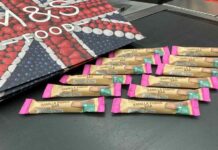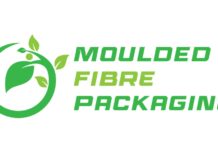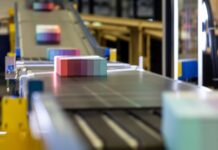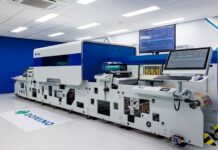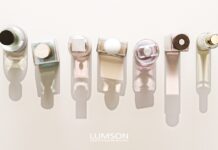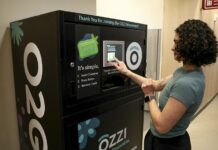With this new recyclable paper wrapper, Nestlé is stepping up its commitment to have all of its product packaging recyclable or reusable by 2025. This debut could help to enhance its sustainability credentials and appeal to consumers wanting to see more environmentally friendly practices from food and beverage manufacturers.
Food makers increasingly have incentives to make such moves. Consumers care about sustainability now more than ever. About half of U.S. consumers (48%) are likely to change what they buy to meet environmental standards, according to 2018 survey data from Nielsen. The new bars will have the phrase “carefully wrapped in paper” written on the package to showcase its sustainability, Food Navigator reported.
“Consumers are looking for more natural and sustainable options when they choose a snack, both in terms of ingredients and packaging,” Patrice Bula, Nestlé’s head of strategic business units, marketing and sales, said in the release.
Nestlé chose to introduce this recyclable wrapper on its Yes fruit and nut bars, which debuted last year in Europe. It makes sense that the company picked these trendy bars for the launch because they are vegan, high in protein, gluten-free, lactose-free and contain no added sugar. Such products are designed to appeal to active consumers interested in both better-for-you and sustainable snacks — and ones convenient for their on-the-go lifestyles. Nestlé will likely be waiting to see how the launch goes to determine where it takes the packaging next.
Nestlé may eventually use the new recyclable paper to package Kit Kat bars and other products, according to Reuters. However, the news service reported its partners aren’t currently able to supply sufficient amounts of the specially coated paper. But once that problem is solved, it’s likely Nestlé will use it on a range of additional items. The world’s largest food company also might decide to market the recyclable paper packaging to other CPG companies wanting to enhance their green status, transition away from plastic and potentially gain an edge over their competitors.
A Greenpeace report recently singled out the Swiss firm for not moving fast enough to phase out single-use plastics, so this new recyclable paper packaging could help minimize some of that concern.
This isn’t the first product Nestlé has made more sustainable. It also introduced paper packaging earlier this year for its Nesquik flavored milk powder. It’s developing biodegradable water bottles and plans to use paper-based pouches starting in 2020 for its Milo health drink. A number of other major food makers are participating in recyclable packaging programs, including PepsiCo, Unilever, Mars, Coca-Cola, Mondelez and Danone. In addition, packaging firms such as Tetra Pak have been developing more sustainable, paper-based options.
While convenience still tends to rank higher with some consumers than sustainability, a shift in awareness seems to be coming. Nestlé and other manufacturers will likely continue launching more sustainable, recyclable and reusable packaging to keep up with consumer demand.






